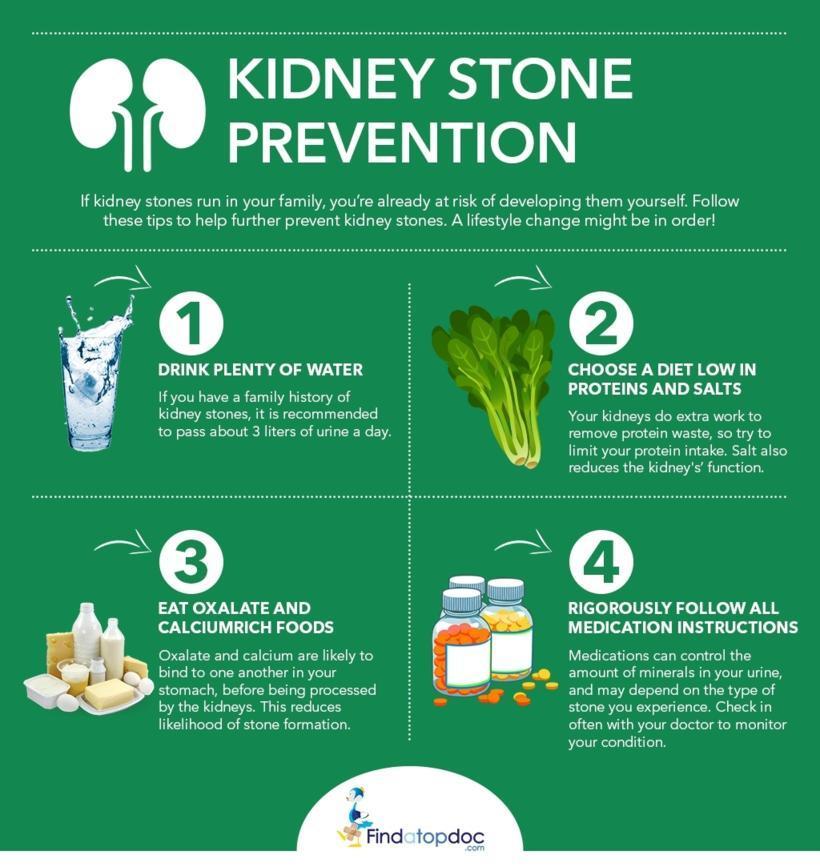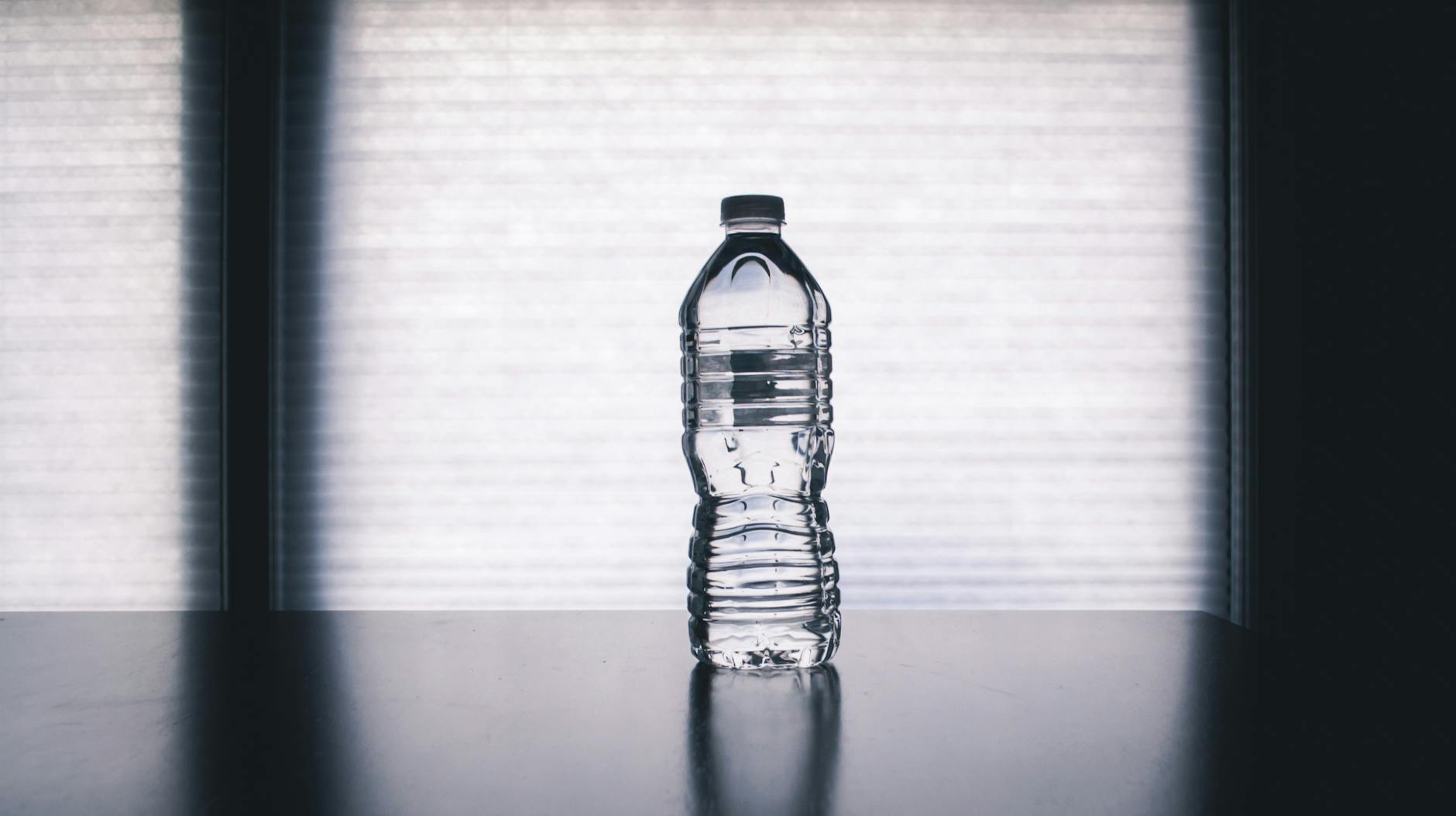Discover how a simple change in your diet can help alleviate the pain and discomfort caused by kidney stones.
Table of Contents
- Introduction: The Troublesome Tiny Stones
- Understanding Kidney Stones: What Are They?
- Why What We Eat Matters
- Drink Plenty of Fluids
- About Calcium
- Reducing Oxalate in Your Diet
- Salty Foods and Kidney Stones
- Foods to Embrace
- Putting It Into Practice
- Conclusion: Your Game Plan for Kidney Stone Defense
- FAQs
Introduction: The Troublesome Tiny Stones
Have you ever heard of kidney stones? These are tiny, hard masses that can form in your kidneys and cause a lot of pain. Kidney stones can be a big problem for some people, but there are ways to help keep them away by taking care of your kidney health and making some changes to what you eat and drink. Let’s find out more about these troublesome tiny stones and how you can prevent them with simple changes!
Our kidneys play a crucial role in keeping our bodies healthy by cleaning our blood and filtering out waste products. Unfortunately, sometimes small crystals can form in the kidneys and join together to create kidney stones. These stones can get stuck in the urinary tract and cause a lot of discomfort and pain. But don’t worry, by making some smart choices in your diet and lifestyle, you can reduce the risk of developing these pesky stones.
So, let’s dive into the world of kidney stones, learn how to take care of our kidney health, and explore how making a few adjustments in what we eat and drink can help prevent these tiny troublemakers from causing us any harm.
Understanding Kidney Stones: What Are They?
Kidney stones are small, hard deposits that form in your kidneys. They are made up of minerals and salts that stick together. These stones can be very painful when they move from your kidneys through your urinary tract. Not all kidney stones are the same, and some types are more common than others.
Different Types of Kidney Stones
There are different types of kidney stones, such as calcium oxalate stones. These are the most common type and form when calcium and oxalate levels in your urine are imbalanced. Other types of stones may form due to different reasons, but most are caused by a buildup of certain substances in the urine.
Why What We Eat Matters
Have you ever thought about why the food we eat is so important? Well, when it comes to kidney health and preventing kidney stones, what we put into our bodies can make a big difference. Let’s explore how dietary changes can impact our kidneys and overall health.

Image courtesy of www.findatopdoc.com via Google Images
Foods That Can Cause Kidney Stones
Some foods can actually increase the risk of developing kidney stones. Foods high in oxalate, like spinach, nuts, and chocolate, can contribute to the formation of stones. Sugary drinks and red meat can also play a role in kidney stone formation.
Foods That Can Prevent Kidney Stones
On the other hand, there are foods that can help keep our kidneys healthy and reduce the chances of developing stones. Eating plenty of fruits and vegetables, staying hydrated with water, and consuming foods rich in calcium can all aid in preventing kidney stones.
Drink Plenty of Fluids
One of the simplest ways to prevent kidney stones from forming is by making sure you drink plenty of fluids, especially water. Fluid intake plays a crucial role in keeping your kidneys healthy and preventing the build-up of materials that could lead to stone formation.
How Water Helps
Water is like a cleaning agent for your kidneys. It helps to flush out any substances that could potentially stick together and form stones. By drinking enough water throughout the day, you’re giving your kidneys the best chance to stay clean and clear of stone-causing particles.
About Calcium
When it comes to preventing kidney stones, keeping an eye on your calcium intake is crucial. Calcium plays a significant role in the formation of one common type of stone: calcium oxalate stones. But wait, before you start thinking that calcium is the enemy, let’s uncover why it’s not always the ‘bad guy.’

Image courtesy of www.pinterest.com via Google Images
Why Calcium Isn’t Always the ‘Bad Guy’
You may have heard that calcium is found in kidney stones, so you might think that cutting back on calcium is the solution. However, our bodies need calcium for strong bones and teeth, healthy muscles, and nerves that work properly. It’s all about finding the right balance in your diet.
Reducing Oxalate in Your Diet
When it comes to preventing kidney stones, managing your diet plays a crucial role. Calcium oxalate stones are a common type of kidney stone that can be influenced by the amount of oxalate-rich foods you consume. By understanding which foods are high in oxalate and making simple adjustments, you can help reduce the risk of developing these troublesome stones.
Foods High in Oxalate
Some foods that are high in oxalate include spinach, almonds, rhubarb, and beet greens. While these are healthy foods, consuming them in excess can lead to an increase in oxalate levels in your body, potentially contributing to the formation of calcium oxalate stones.
To reduce your intake of oxalate, you can consider incorporating alternatives such as broccoli, kale, and apples into your diet. These foods are lower in oxalate content while still offering essential nutrients that support overall health.
Salty Foods and Kidney Stones
Did you know that too much salt in your diet can lead to the formation of kidney stones? Kidney stones are like tiny rocks that can form in your kidneys and cause a lot of pain. By reducing the amount of salt you eat, you can help prevent these troublesome stones from developing.

Image courtesy of www.findatopdoc.com via Google Images
Tips for a Low-Salt Diet
Reducing the amount of salt in your meals doesn’t have to be boring! Here are some easy tips for eating less salt without sacrificing flavor:
- Avoid adding extra salt to your food at the table. Instead, try using herbs and spices to season your meals.
- Read food labels to check for hidden salt in packaged foods. Choose low-sodium options when available.
- Limit your intake of processed and fast foods, as they are often high in salt.
- Choose fresh fruits and vegetables as snacks instead of salty chips or crackers.
By making small changes to your diet and cutting back on salt, you can help keep your kidneys healthy and reduce your risk of developing kidney stones. Remember, it’s all about finding a tasty balance!
Foods to Embrace
When it comes to taking care of our kidneys and preventing the formation of troublesome kidney stones, there are some foods that can be our allies. Let’s look at a list of ‘kidney-friendly’ foods that not only support overall kidney health but can also help keep those pesky stones at bay.
| Nutrient | Food Source | Benefits |
|---|---|---|
| Water | Fruits, Vegetables, Soups | Helps in flushing out kidney stones |
| Citrus Fruits | Lemons, Oranges, Grapefruits | Contains citrate which may help prevent stone formation |
| Calcium | Low-fat Dairy, Broccoli, Kale | May bind with oxalate in the intestines, reducing stone formation |
| Magnesium | Nuts, Seeds, Whole Grains | May help reduce oxalate levels in the urine |
| Potassium | Bananas, Sweet Potatoes, Spinach | May help reduce calcium levels in the urine |
The ‘Good Food’ List
1. Fruits and Vegetables: These colorful foods are not only delicious but also packed with vitamins and minerals that are essential for kidney health. Berries, apples, carrots, and leafy greens like spinach and kale are excellent choices.
2. Whole Grains: Foods like oats, brown rice, and whole grain bread are great sources of fiber and can help keep our digestive system healthy, which in turn benefits our kidneys.
3. Lean Protein: Chicken, turkey, fish, and tofu are lean sources of protein that are easier on the kidneys compared to red meat. Including these in your diet can provide the necessary nutrients without overloading your kidneys.
4. Dairy or Dairy Alternatives: Milk, yogurt, and cheese are good sources of calcium and protein, essential for overall health. If you’re lactose intolerant, there are plenty of dairy alternatives like almond milk or soy yogurt to choose from.
5. Healthy Fats: Avocados, nuts, and seeds are rich in healthy fats that can help reduce inflammation and support kidney function. Just remember to have them in moderation!
By incorporating these ‘good foods’ into your diet, you can give your kidneys the love and care they need to stay healthy and avoid the pain of kidney stones.
Putting It Into Practice
In order to keep your kidneys healthy and prevent the formation of painful kidney stones, it’s essential to make some simple changes to your diet and lifestyle. Here are some practical tips to help you get started:

Image courtesy of m.facebook.com via Google Images
Kidney-Healthy Family Meals
One effective way to ensure you’re eating foods that promote kidney health is to get involved in planning and preparing meals with your family. Suggest incorporating more fruits, vegetables, whole grains, and lean proteins into your meals. Encourage your family to cut back on processed foods and sugary drinks, as these can contribute to kidney stone formation.
Keeping Hydrated the Fun Way
Staying hydrated is crucial for preventing kidney stones, especially drinking plenty of water. To make it more fun, try creating a water bottle tracker to monitor your daily intake and challenge yourself to drink a certain amount each day. You can also infuse water with natural flavors like lemon, cucumber, or berries to make it more exciting and tasty.
Conclusion: Your Game Plan for Kidney Stone Defense
In this article, we’ve learned about the importance of kidney health and how making simple changes to our diet and fluid intake can help prevent the formation of kidney stones. By following a few key strategies, you can set yourself up for a kidney-stone-free life. Here’s your game plan:
1. Stay Hydrated
Make sure to drink plenty of fluids, especially water, throughout the day. Keeping your body well-hydrated can help flush out any substances that might contribute to stone formation in the kidneys.
2. Watch What You Eat
Avoid foods high in oxalate and salt, as these can increase the risk of kidney stone formation. Instead, focus on including kidney-friendly foods in your diet that support overall kidney health.
3. Balance Your Calcium Intake
Remember that calcium is essential for your health, but it’s crucial to consume it in moderation. Be mindful of your calcium intake from both food and supplements to prevent the formation of calcium oxalate stones.
4. Get Your Family Involved
Encourage your family to make kidney-healthy choices together. Plan and prepare meals as a team, and find fun and creative ways to stay hydrated throughout the day.
By following these simple steps and making small changes to your lifestyle, you can significantly reduce your risk of developing kidney stones and prioritize your kidney health. Start implementing these strategies today and enjoy a healthier, stone-free future!
FAQs
Can kids get kidney stones too?
Although it’s not as common, children can develop kidney stones, and it’s usually related to what they eat and drink.
What should I do if I think I have a kidney stone?
If you are in pain or suspect something’s wrong, you should tell an adult and see a doctor as soon as possible.
Are sports drinks good for preventing kidney stones?
Some sports drinks can be high in salt and sugar, which might not be that good for the kidneys. Water is usually the best option.





